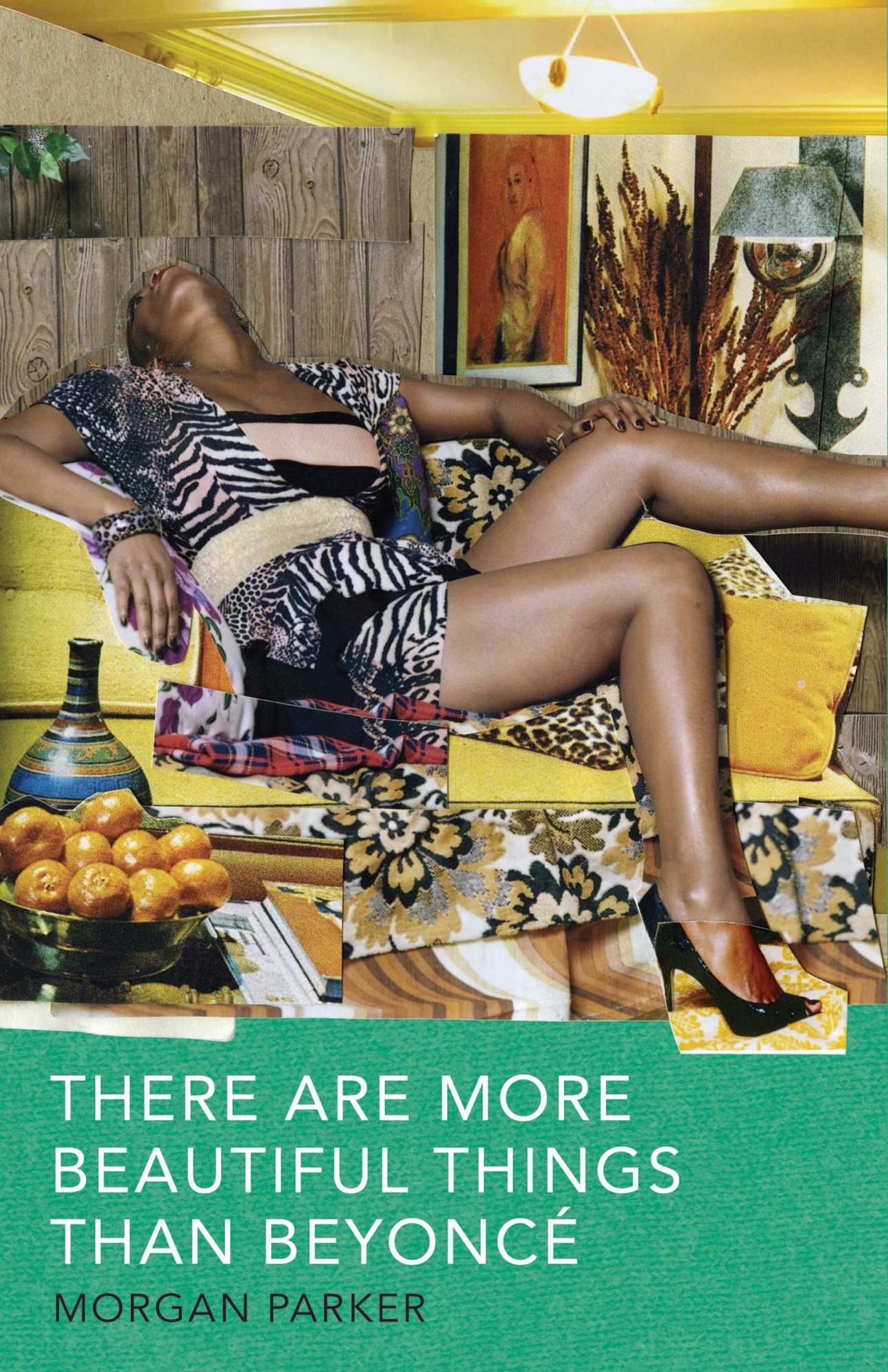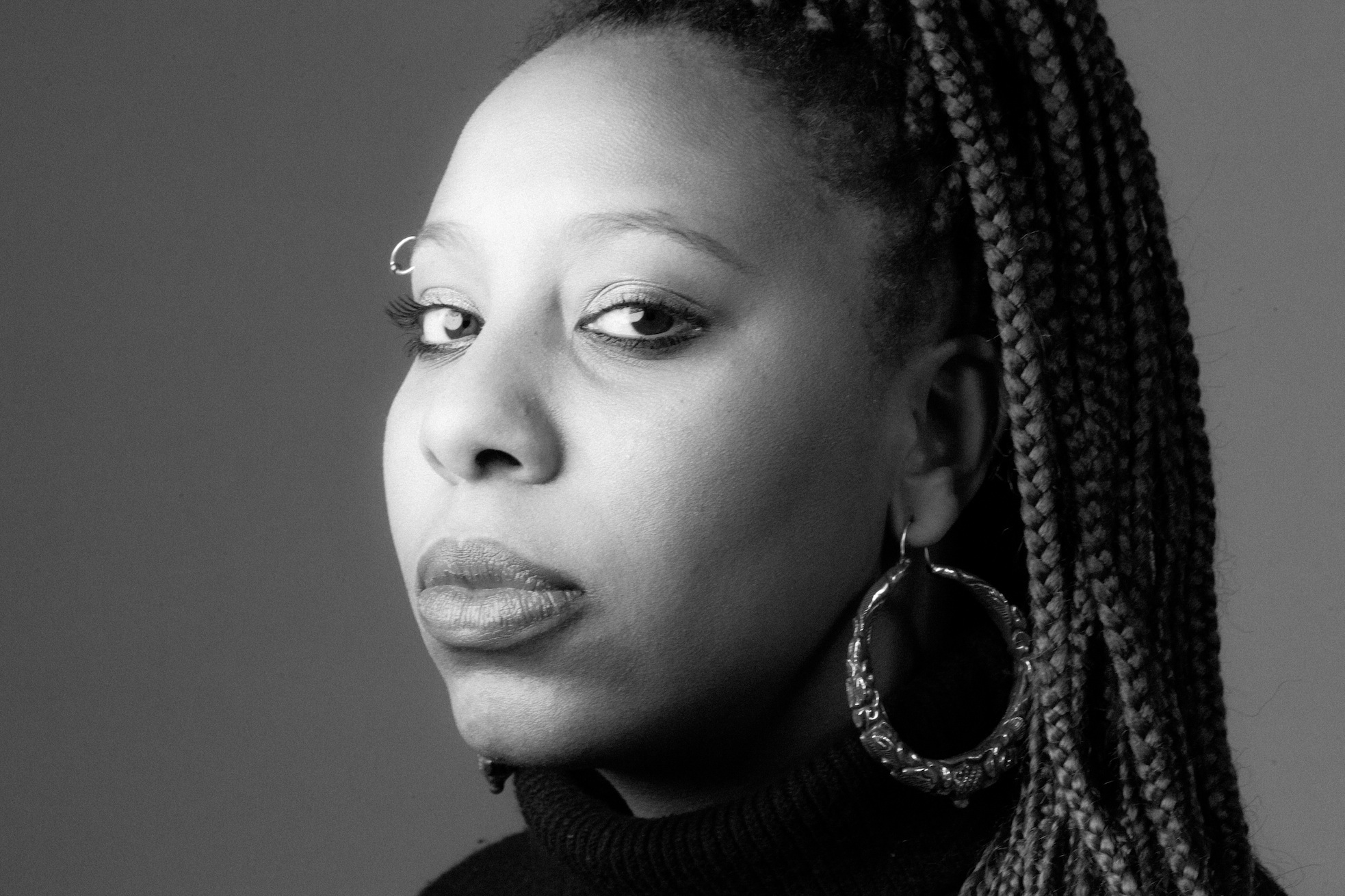There Are More Beautiful Things Than Beyoncé. Now there’s a statement you don’t hear very often. It’s also the title of poet Morgan Parker’s latest book. In this collection, the Brooklyn-based writer illustrates how incorporating pop culture into art hardly dilutes its level of sophistication. Instead, it may be necessary in an age where a reality TV star is the leader of the free world and one’s social media following acts as currency. The incorporation of modern-day elements into poetry is nothing new; authors like Jim Elledge and Dorothea Lasky have made a career out of it. But Parker’s take is indisputably unique and firmly rooted in the now. The characters featured in the book are predominantly women of color, including everyone from Michelle Obama to Solange to Sarah Baartman (who will kickstart a fascinating Wikipedia path, should you be so inclined). We speak with the inimitable Ms. Parker about discovering contemporary poetry, today’s politics, and, of course, Beyoncé.

Can you tell us about when you started writing? Was it always poetry?
Yeah, I’ve only been writing poetry for…ten years? I still don’t like a lot of poetry. And part of that is education, you know? We’re always taught the worst stuff. Who cares about woods and snowy evenings when you’re a suburban depressed, hormonal teenager? I don’t care about that. There’s got to be something that can reach me, but they choose the worst shit. So when I was in college and I took a contemporary poetry class, I was shocked. I was like, “Oh, poetry can also do this? And it can be weird and it can be wild and it can be inappropriate?”
You channeled a few different women in this book. How did you choose whom to feature?
I mean, strong black women, that’s the biggest line [throughout it]. Obviously, the book kind of toes the line between glamour and tragedy. Those women that are strong, that are very vulnerable, beautiful, but in pain. Grappling with that is what part of what the book’s journey is. But part of it is my influences are who I see as my predecessors, who I see as Beyoncé’s predecessors. I wanted it to not only be contemporary—there are a lot of contemporary voices—but also ancestral voices. That was important for me too, to span times and also to span mediums: singers, writers, visual artists.
Obviously the title of the book is so amazing. Do you ever think that by putting pop culture like Beyoncé into your art, people won’t take it as seriously?
I know that to be true. I’ve experienced that, and I’ve brushed that off my shoulders in many a workshop. There have been a lot of people that have said, “This is not a worthy approach,” or, “This is not high art,” or whatever. “You’re dating it, this is just joke-y, fluffy, insignificant”. And that is really narrow-minded, for one, and obviously I’m not writing fluffy, light, funny Beyoncé poems. I’m writing actually challenging, vulnerable, and complex poems that are not surface level at all. And I think that people assume they are. I also think that folks have always used pop culture. Frankly, I think that if I wasn’t a black woman and my culture wasn’t black womanhood and pop stars, then we would be having a different conversation. If I was a white man and talked about Shakespeare or even like Frank Sinatra or something, people would be having a different conversation. And I think that’s part of what I’m taking to task, like this can be fearless, this can be theoretical and complex and academic as well.
Pop culture and the social media around it have both become so important. I mean, look at how our president got elected.
Yeah! Literally…a reality TV star is running the free world. And you’re asking me why I want to include the Real Housewives in poetry and I’m like, “DUH! What?” This is where we are. And you’re fooling yourselves if you’re burying your head in Robert Frost or whatever. That’s not going to help you. That’s not gonna save you, that’s not going to help you understand the world around you, to understand how to live. At all.
Whether it’s this book or something else in your life, how do you gauge success?
That’s an interesting question. I mean, I think that my answer to that question changes constantly. Of course I’m supposed to think about sales and things like that, but I’m not thinking about that on the regular. All that stuff is nice, but that’s not why I’m writing, by any means. I’ll still do the thing if no one reads it. First of all, for me, I am successful if I am helping myself to live. And I don’t mean that socially; I mean that on an emotional level. If I’m helping myself to become truer and more honest about who I am, then that is success for me.
Credits
Text Mathias Rosenzweig
Portrait Rachel Eliza Griffiths; book cover art Mickalene Thomas
